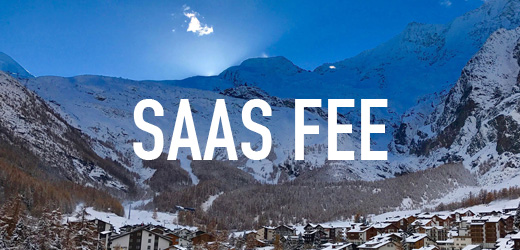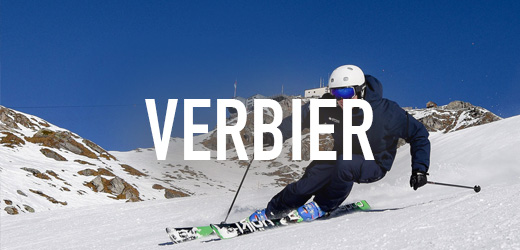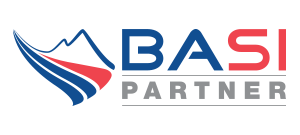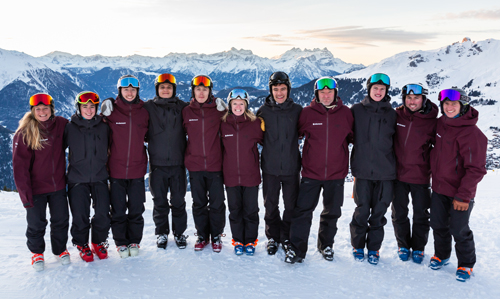GETTING A VISA
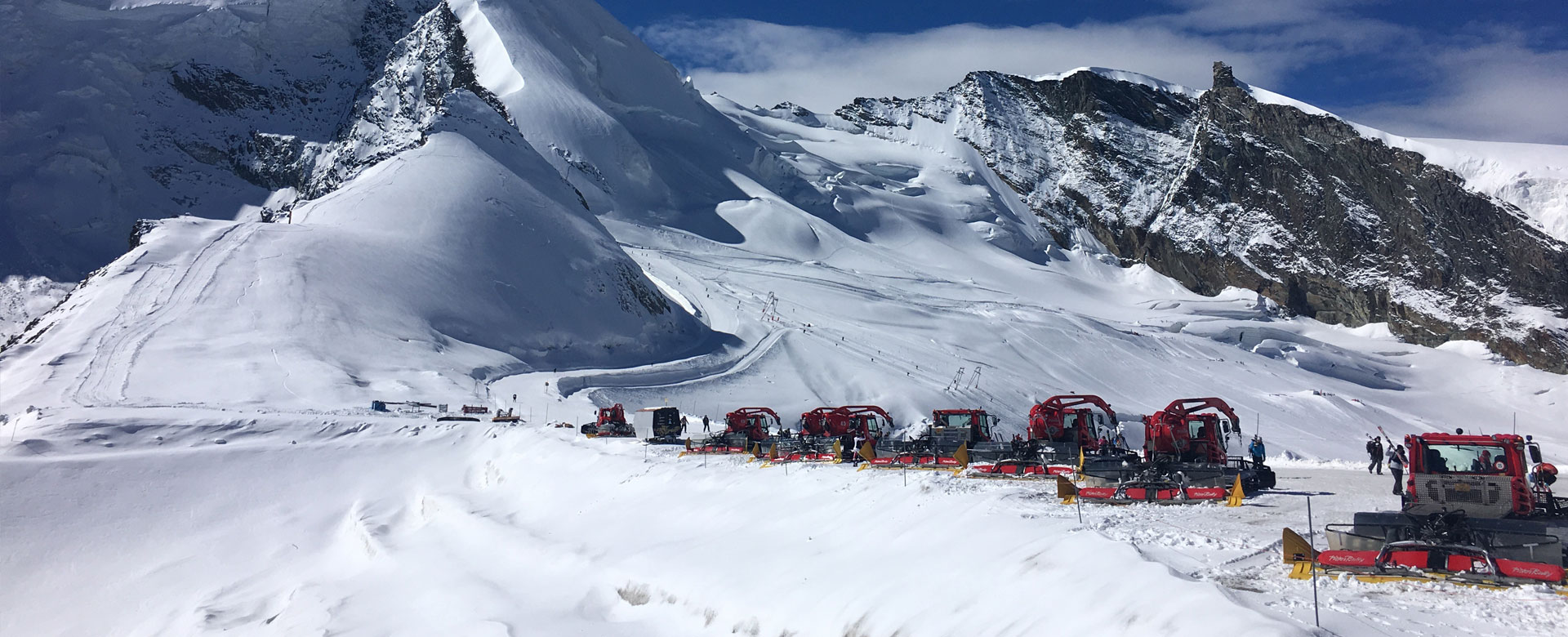
SO, WILL YOU NEED A VISA?
The subject of visas is a big one – and it is a big source of questions for trainees. So we have put together this introduction to help you get to grips with the various requirements in different countries.
Crucially this sections covers work permits and visas and all the different paperwork that different nationalities ask for.
But please remember this is a guide and often requirements for permits and visas change quickly, so always talk to the relevant embassy for definitive advice before you travel or start work.
BREXIT: After the UK left the EU there have been some significant changes to the Visa requirements in the EU and Switzerland. Crucially you do not need a Visa for a stay of under 90 days – and all Peak Leaders courses are under 90 days.
However if you wanted to work after the course it is more complex than before – just get in touch for a chat or read our blogs for some more information.
This situation can change and evolve very quickly, so for the very latest information we always recommend a call or an email.
AN OVERVIEW:
DO I NEED A VISA FOR MY COURSE?
This is a regular question, and one we can give a fairly comprehensive answer to.
EU citizens will not need any visa or permit for our Swiss courses. If you decide to work you will need a work permit.
Non-EU citizens can join our Swiss courses without a Student Visa, Student Permit or a Working Visa.
However, for some nationalities it is beneficial to have a Student Visa or Student Permit for the course as you can then stay longer.
(For example in Switzerland an American or Australian trainee can stay a maximum of 180 days on a Student Visa – enough for the course and to stay afterwards to ski more or travel around Europe.)
If you intend to work then the rules are more restrictive almost everywhere – see below.
WHAT IS SCHENGEN?
We appreciate that not everyone knows what the Schengen Area is. In Europe it’s a very handy arrangement…
Essentially the Schengen area is a collection of European nations with almost invisible borders.
It currently includes 22 of the EU nations – the UK and Ireland are not part of this communal travel area. Nor are Bulgaria, Cyprus, Croatia and Romania – although they will join. However, Switzerland and Norway are part of this area even though they are not in the EU.
Essentially you can travel around this area without border controls if you are an EU, Swiss or Norwegian citizen, or if you are using a visa that was issued by a Schengen member state. You need your passport (or ID card) but you are rarely asked for it apart from at airports.
You can read a lot more here: schengenvisainfo.com
(If you’re interested the Schengen Area is named after the town of Schengen in Luxembourg, where the Agreement was originally created.)
EU PASSPORTS
As you might have already gathered, an EU passport opens a lot of doors and makes life easier.
So if you might be eligible for one it makes things much easier – especially if you wish to work. Always worth researching.
SWITZERLAND:
Switzerland has a system of work permits and visas for foreigners coming to the country. It’s also part of the Schengen Area.
TRAINING
To visit and complete a Swiss course you won’t need a visa or a permit.
If you are from the EU (or another Schenegn state) you have the right to an unlimited stay in Switzerland.
Even if you are not from the EU you have a Schengen Allowance of 90 days and our standard courses are only 70 days.
But that means you have a maximum of 20 more days to spend in Switzerland or another Schengen area before you legally must leave.
If you are from outside the EU and staying longer than 90 days then you require a Holiday Visa or Student Visa or Student Permit (which are not a Working Visas or a Work Permit).
Specifically US citizens travelling to Switzerland (and all Schengen nations) you will be asked to supply the following documents:
- A US Passport (no more than 10 years old and valid for at least three more months beyond your intended date of departure)
- Evidence of the purpose of entry – we can supply a letter confirming your enrolment on a course
- Proof of sufficient financial means – this is usually just a bank statement or a letter confirming financial support from a family member
WORKING
If you have an EU passport you can work in Switzerland relatively easily:
If you will work for less than 90 days you will need an “Annonce” which will be arranged by your employer.
If you will work for more than 90 days you will need an L Permit which again is normally arranged by your employer – but you might need to pay a 90 chf fee for it (unless your employer pays for you).
If you are a non-EU national then working in Switzerland is not possible, unless you get a special Student Working Visa – see below.
Otherwise non-EU citizens have to prove that they have a skill that no Swiss or EU citizen has. So when you are a ski instructor it’s very, very difficult.
WORKING STUDENT VISAS
There are a series of new and complex Swiss Working Student Visas which were introduced recently covering Canadian, NZ, Australian, Argentianian and Russian nationals amongst others, but this is too complicated to cover properly here…
If you are interested in getting one we can supply more information.
UK TRAINEES AFTER BREXIT
Currently British trainees who don’t also hold an EU passport cannot gain a Work Permit.
However, you can apply for a Student Permit that might simplify the winter whilst not allowing work – yet. You can read more by clicking below.
Student Permits are only for extended courses – ie you need to commit to doing extra training after the standard ten week course. A Student Permit cannot be issued for a course with a duration of less than 90 days.
JAPAN:
You are eligible for a Working Holiday Visa if you are between 18 and 30 and are a citizen of:
- Australia
- Austria
- Canada
- Denmark
- France
- Germany
- Hong Kong
- Republic of Korea
- New Zealand
- Norway
- Poland
- Portugal
- Slovakia
- Taiwan
- The United Kingdom
- Ireland
The Working Holiday Visa is first and foremost a Holiday Visa. It is not intended to be a full-blown Work Visa.
Please remember that you will not be granted the visa if you intend to come to Japan for the season, work the winter months in one resort and then return to your home country right afterwards.
This visa is issued on the assumption that you will be travelling and working so it is very important when applying that you make it clear that you will be travelling and working and not simply going to Japan just to work.
You must apply for the visa in your home country, in person at the Japanese Embassy. The Embassy may hold your passport for up to five working days while they process your application.
If you are from an eligible chosen country then it is very unusual not to get a working holiday visa as the allocation for these countries is so high. It is a great idea to try and secure this visa before you begin your course which we help and support you with plus you can access all our partnerships through our Members area online.
The other option is to go down the route of applying for a sponsored work visa, however, this needs to be done much more in advance and through the employer.
Once you have secured a job with a ski school in Japan they will help you through the visa process and what will work best for you.
CANADA:
Canadian working visas are available via a couple of different routes – either the International Experience Canada Visa (IEC) Visa or Young Professionals Visa. You have to be very organised in advance with these so the best thing is to plan early and be prepared!
The first visa route is the IEC.
Each year there are a limited number of places available to applicants and each country has a different number of permits allocated to them. The UK has approximately 5,000 places each year.
The work permits are released around November / December time for people wishing to go to Canada the following year. This may sound like a lot but it’s really not, so apply early so you are not disappointed.
The second route which is possible if you don’t get selected for an IEC, or the pool has already closed or is full, is a Young Professionals Visa. To be eligible to apply to the programme through BUNAC, you’ll need to hold a UK passport and be aged between 18-35.
This opportunity is aimed towards instructors who’ve already sorted their job. Once your instructor job has been secured you can contact our partner company BUNAC, they can help you obtain the Young Professionals Visa.
If you are a UK or Irish citizen then you can only book this visa through BUNAC. If you are another nationality then your country may have a pool of available spots but you need to check with your home country.
It takes an average of 8 weeks to process your application and get back your decision. Ideally you want to start the process in August with a job already in place to give yourself enough time before the winter starts. This route has a much higher chance of success compared to the IEC because it is relatively new and the number of applicants versus visas is much lower.
OTHER EUROPEAN NATIONS:
European permits are a big topic and we are currently waiting for more details before updating the information here. Crucially there are a range of factors that effect your ability to teach in the Alps, and qualifications play a part too.
For example in France you need to be fully qualified (BASI Level 4) or, if you wanted to work in a “training ski school”, you need to have passed the Eurotest (giant slalom race test) or Test Technique (slalom race test).
So sometimes qualifications can be a bigger barrier than Visas.
But in principal EU citizens don’t normally need visas or permits to work in Europe, but the picture for non-EU citizens is more complex.
It’s a minefield frankly… So if you have a question that isn’t answered above please get in touch with us directly and we will do our best to answer it.
Answers to loads of your Frequently Asked Questions
Where can I teach?
And what can I earn?
Why book your place on a Peak Leaders course?
Got your member’s login? Click here to access more





